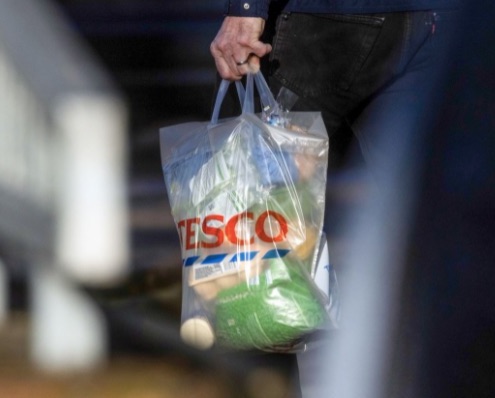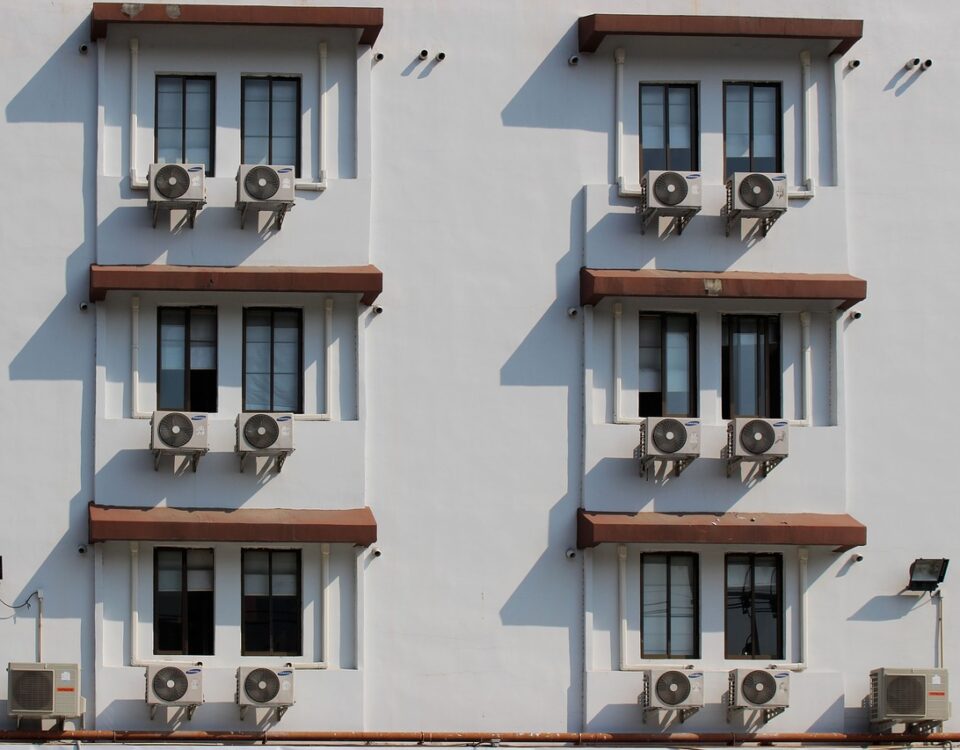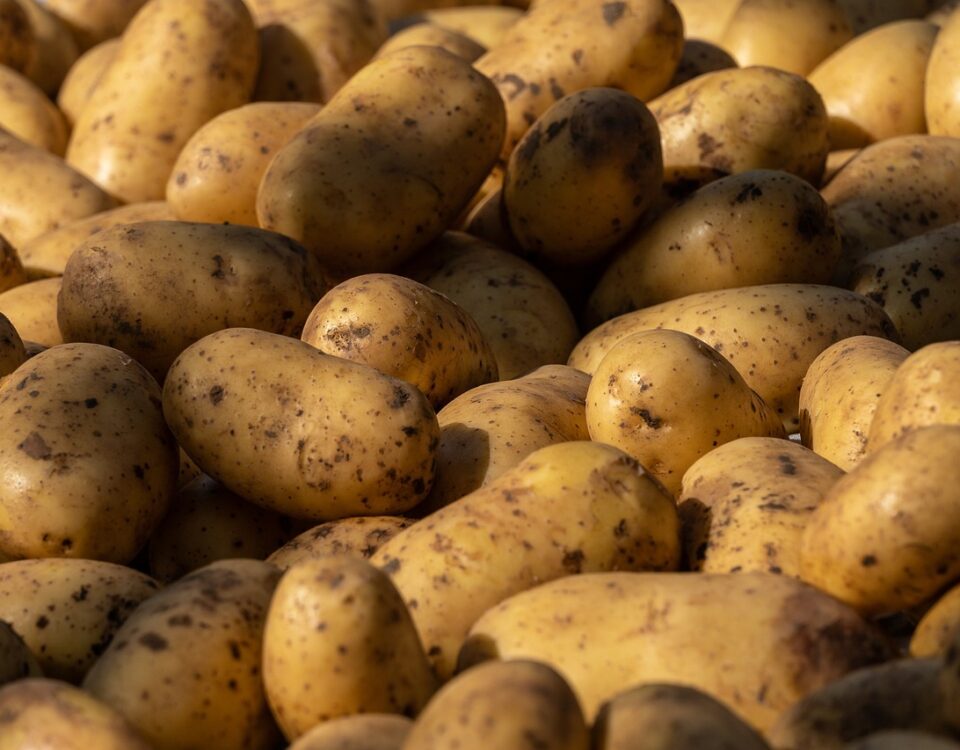
Where (and When) Do Women Earn More?
March 30, 2022
The Global Economic Outlook
April 1, 2022Asking customers to drop off their plastic packaging, supermarket chain Tesco Plc said it would welcome everything from shopping bags to snack packets to bok choy wrap.
The program began last March. The results are not quite what we expected.
Recycling Soft Plastic
It is tough to recycle soft plastic.
Unlike water bottles, soft plastic comes in many varieties. Consequently, all that is returned to Tesco has to be sorted. There are different grades, different coatings. Before removing impurities, it needs washing, shredding and melting. Only six percent of the U.K.’s soft plastic becomes a new product.
Still, Tesco had an obligation as a member of WRAP (the Waste and Resources Action Program) to minimize unnecessary wraps and use recycled plastic in at least 30 percent of their new packaging. It was not going to be easy. In addition to the recycling challenge, they didn’t even have the plastic they were supposed to recycle.
Soon though, figuring out how, Tesco appears to have inundated themselves with soft plastic when they asked shoppers to return it. Then, curious about its destination, Bloomberg Green decided to follow the garbage. So they attached digital trackers to a Tesco shopping bag, the film that covered bok choy, and a snack pouch.
This is where the bags went:

They were not positive about where the bok choy wrap wound up. They just knew that it was near the Thames. Meanwhile, the pouch and the bag traveled much farther to a waste broker’s complex in Poland. From there, Bloomberg Green concluded the snack pack had been recycled in Germany after initially suspecting it had been incinerated in a cement plant. Like the bok choy wrap, the shopping bag was somewhat of a mystery because of an uncertain demise in Turkey.
It is likely that Tesco would have sold the plastic to the Polish waste brokers and then paid them for recycling vouchers. Companies use the vouchers to prove compliance with recycling regulations.
Our Bottom Line: Tradeoffs
The Tesco video perfectly conveys the soft plastic tradeoff. In plastic wrap, a cucumber stays fresh for 14 days. Without the wrap, its life shrinks to 3 days. Without the wrap, we would have a lot more food waste.
As always economics returns us to tradeoffs. and sometimes, unintended consequences.
My sources and more: My Bloomberg Green email alerted me to the Tesco recycling initiative.
![econlifelogotrademarkedwebsitelogo[1]](/wp-content/uploads/2024/05/econlifelogotrademarkedwebsitelogo1.png#100878)




